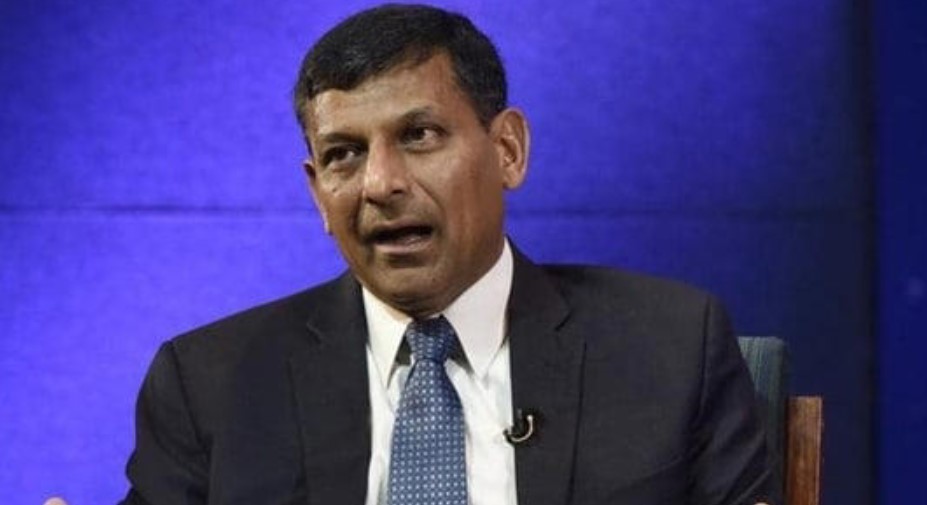Raghuram Rajan says India ‘dangerously close’ to Hindu rate of growth

Former Reserve Bank of India (RBI) Governor Raghuram Rajan on Sunday said that India is “dangerously close” to the Hindu rate of growth as the country sees limited investment in private sector, high-interest rates, and decreasing global growth, news agency PTI reported.
The term “Hindu rate of growth” refers to the low Indian economic growth rates that averaged around 4 per cent from the 1950s through the 1980s. Raj Krishna, an Indian economist, coined the term in 1978 to describe slow growth.
Rajan expressed worry over the slowdown in the quarterly growth, as revealed by the latest estimate of national income released by the National Statistical Office (NSO).
The Gross Domestic Product (GDP) in the third quarter (October-December) of the current fiscal slowed to 4.4 per cent from 6.3 per cent in the second quarter (July-September) and 13.2 per cent in the first quarter (April-June).
The growth in the third quarter of the previous financial year was 5.2 per cent.
“Of course, the optimists will point to the upward revisions in past GDP numbers, but I am worried about the sequential slowdown. With the private sector unwilling to invest, the RBI still hiking rates, and global growth likely to slow later in the year, I am not sure where we find additional growth momentum,” Rajan said in an email interview to PTI.
On Indian growth in fiscal 2023-24, Rajan said, “I am worried that earlier we would be lucky if we hit 5 per cent growth. The latest October-December Indian GDP numbers (4.4 per cent on year ago and 1 per cent relative to the previous quarter) suggest slowing growth from the heady numbers in the first half of the year.
“My fears were not misplaced. The RBI projects an even lower 4.2 per cent for the last quarter of this fiscal. At this point, the average annual growth of the October-December quarter relative to the similar pre-pandemic quarter 3 years ago is 3.7 per cent.
“This is dangerously close to our old Hindu rate of growth! We must do better.” The government, he said, was doing its bit on infrastructure investment but its manufacturing thrust is yet to pay dividends.
In response to a question about the production-linked incentive (PLI) scheme, Rajan said that any scheme in which the government invests money will create jobs, and any scheme that raises tariffs on output while offering bonuses for final units produced in India will generate production and exports.
“A sensible evaluation would ask how many jobs are being created and at what price per job. By the government’s own statistics, 15 per cent of the proposed investment has come in but only 3 per cent of the predicted jobs have been created. This does not sound like success, at least not yet,” Rajan said.
Additionally, even if the scheme reaches all of the government’s promises over the next four years, it will only produce 0.6 crore employment, a minuscule dent in the jobs India requires over the same time period, according to the former RBI Governor.
“Similarly, government spokespersons point to the rise in cell phone exports as evidence that the scheme is working. But if we are subsidising every cell phone that is exported, this is an obvious outcome. The key question is how much value added is done in India. It turns (out to be) very little so far,” he said.
According to Rajan, mobile phone parts imports have also increased, thus net exports in the cell phone sector, the crucial measure that no one in government talks about, are roughly where they were when the scheme began.
“Except, we have also spent money on subsidies. Foxconn just announced a big factory to produce parts but they have been saying they will invest for a long time. I think we need a lot more evidence before celebrating the success of the PLI scheme,” he said.
Rajan also said that it is a matter of concern that markets regulator Securities and Exchange Board of India (Sebi) has not investigated the Hindenburg charges into Adani Group operations.
On what measures the government should take to improve oversight of private family companies to address worries after the Hindenburg allegations on Adani Group, Rajan said: “I don’t think the issue is of more oversight over private companies”.







